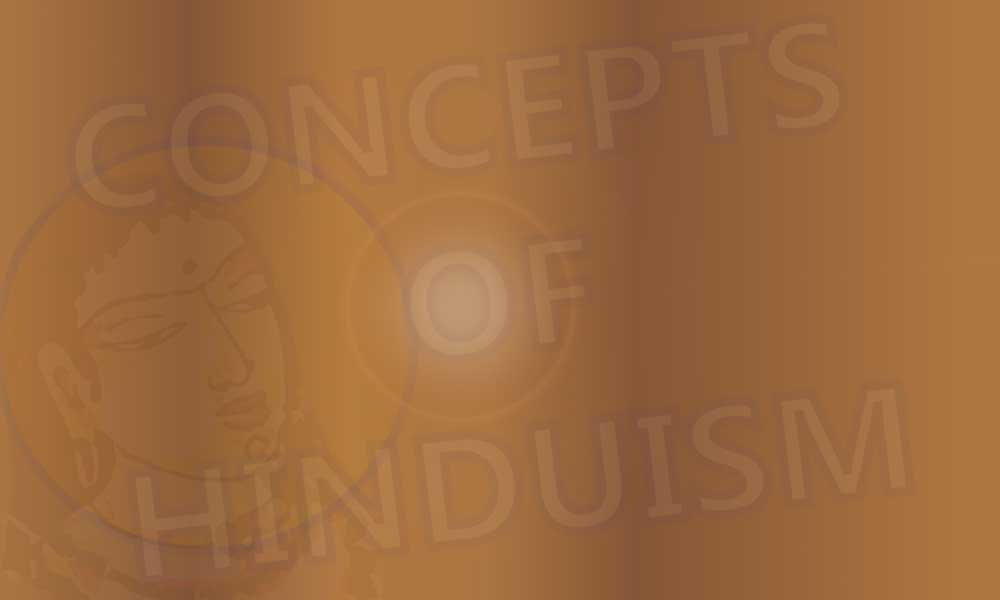
What is Prana? The Five Types of Breath

Prana is a subtle aspect of the body. Its has a visible aspect which is the air we breath and an invisible aspect, which is the energy that flows in the body through various channels and sustains it. It is responsible for our vitality and dynamism (chaitanyam). Without prana beings cannot be alive. Prana also connects the gross body (annamaya kosa) with the mental body (manomaya kosa).
Hence, classical yoga recommends controlled breathing (pranayama) to restrain the senses, purify the mind and body and arrest the modifications of the mind. Prana is the support for the body. Hence the Upanishads describe it often as the soul of the gross body and equate it with Atman or the essence of Brahman.
Prana means life breath. We usually consider only the air that we breath through our lungs as the life breath. In Hinduism we consider it only one form of breath. There are others, which we let out through the openings in the body or through the subtle channels. Our scriptures therefore identify mainly five types of prana. The air that we breath in through the nostrils is prana.
What we breath out or exhale through the nostrils is known as apana. In some descriptions, the air that travels downwards in the body and exits through the anus is also called apana. The air, which travels upwards in the body from the digestive system and exits through the throat (usually as a burp), is the digestive breath known as samana.
Apart from these there are two other types of breath, which are more subtle and are not experienced like the other ones. They are the breath that is diffused uniformly through out the body called vyana and the one that begins in the throat and goes up into the head called udana. The last one plays an important role in speech and in chanting prayers and mantras.
Since thought and speech are related, udana usually travels towards the head region where the mind is located. Through speech and the chanting of Vedic mantras, it connects us to Brahman and opens our hearts and minds to divine blessings. Without udana, we will not be able to activate the sixth chakra which is located in the head and achieve liberation. Prana is also used as an adjective in the sense of dearer or beloved as in case of prana-sakhi (life partner) or prana-nadha (husband) or pranesvar (God).
Suggestions for Further Reading
- Atma, Atman, the Eternal Soul
- The Concept of Chakras or Energy Centers Of The Human Body
- Buddhi, Discriminating Intelligence
- What is Dhyana? Definition and Significance
- The Practice of Satsang in Modern Life
- The Concept of Avatar or Incarnation in Hinduism
- Akasa, Ether or The Sky and The Fifth Element
- Agni, the Vedic God of Fire
- Daksha, Daksha's Sacrifice and the Slaying of Daksha
- The Concept of Atman or Eternal Soul in Hinduism
- The Problem of Maya Or Illusion and How To Deal With It
- Belief In Atman, The Eternal Soul Or The Inner Self
- Brahman, The Highest God Of Hinduism
- The Bhagavad Gita Original Translations
- The Bhagavadgita, Philosophy and Concepts
- Bhakti yoga or the Yoga of Devotion
- Hinduism And The Evolution of Life And Consciousness
- Why to Study the Bhagavadgita Parts 1 to 4
- Origin, Definition and Introduction to Hinduism
- Symbolic Significance of Numbers in Hinduism
- The Belief of Reincarnation of Soul in Hinduism
- The True Meaning Of Renunciation According To Hinduism
- The Symbolic Significance of Puja Or Worship In Hinduism
- Introduction to the Upanishads of Hinduism
- Origin, Principles, Practice and Types of Yoga
- Essays On Dharma
- Esoteric Mystic Hinduism
- Introduction to Hinduism
- Hindu Way of Life
- Essays On Karma
- Hindu Rites and Rituals
- The Origin of The Sanskrit Language
- Symbolism in Hinduism
- Essays on The Upanishads
- Concepts of Hinduism
- Essays on Atman
- Hindu Festivals
- Spiritual Practice
- Right Living
- Yoga of Sorrow
- Happiness
- Mental Health
- Concepts of Buddhism
- General Essays